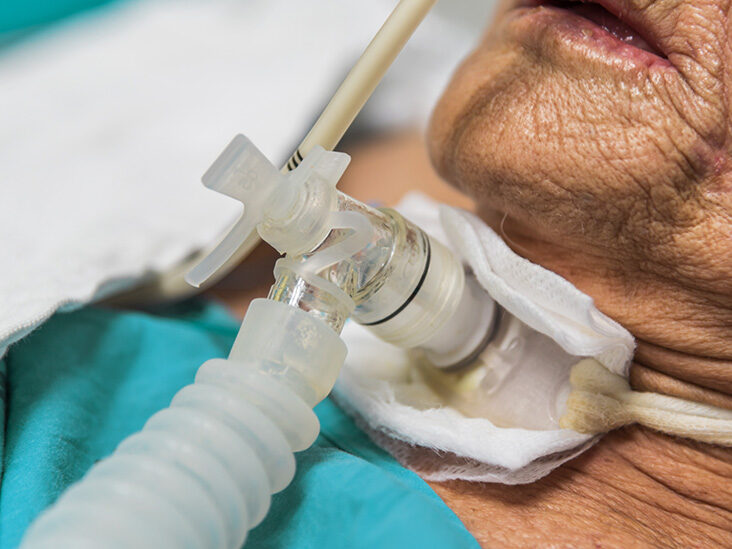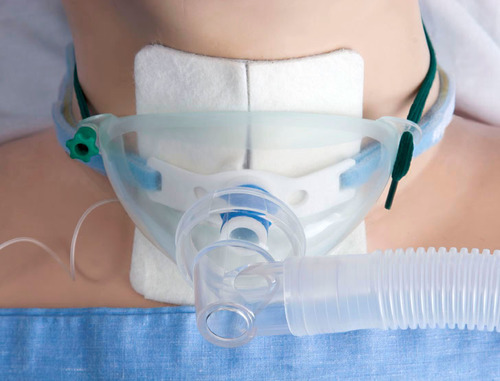
Tracheostomy is characterized as a surgical opening of a person’s trachea, which facilitates breathing and guards against airway obstruction. This procedure requires care in and after the whole procedure, known as tracheostomy care, which could be either short-term or long-term.
The surgery is considered in patients who suffer from conditions like – difficulty in breathing because of pulmonary (lung) diseases, injuries, or (swelling), mucus secretions narrowing the airway, having a throat or mouth blockage, protecting the airway following head and neck surgery, the prolonged requirement for a ventilator, blockade in airways due to a tumor, protecting the airways from food or fluids due to difficulties swallowing, restoring airway after tracheal or laryngeal surgery, etc.
After receiving a tracheostomy, one must always wear a tracheostomy tube. It is a hollow tube that consists of three components: an exterior or outer cannula that prevents your tracheostomy from closing, an inner cannula that prevents secretions from accumulating within and obstructing your airway, and a tracheostomy tie that secures your tracheostomy tube.
It is probable that with time, tracheal problems such as granuloma formation, dilatation, and ischemia may develop. Careful management of the tracheostomy’s cleaning and cuff pressures is vital to decrease these risk factors.
At Real Care Health Services, we provide adequate and expert tracheostomy care for you. Our carer will take care of all your medical requirements at home including cleaning the suction catheter, replacing the inner cannula, cleaning your skin around the tracheostomy, and humidifying the air you breathe. They will always keep emergency supplies on hand to protect you from the complications associated with accidental decannulation or tube dislodgement.


We also use a multidisciplinary team approach when caring for a patient with a tracheostomy and take all the sensitive measures carefully to decrease morbidity and mortality. Individuals having difficulty speaking after tracheostomy can also suffer from anxiety and frustration. In such cases, our expert carers will provide rehabilitation and educate you and your family on the things that are important to take care of.
Additionally, our nurses will work together with the patient, family, and other staff members to find efficient substitute methods of communication, such as using a pen and paper or offering straightforward yes/no questions. This will help the patient and family transition smoothly to the next level of care, maintain their psychological stability, and increase their level of comfort.